North Macedonia
North Macedonia – STEP: Rrustem’s Story
Rrustem joined us three years ago when the football project first began, and he has remained one of the chief “veterans” of the Skopje Eagles. He always puts on the gloves and takes his place in goal, rarely missing the three afternoon training sessions held in the school gymnasium.
Rrustem is bigger than most of the others. Sometimes I wonder why he hasn’t left the club, as he’s now 14 and most of the others are 11 or 12. But instead of moving on, he has taken on a leadership role — showing the younger players what to do and leading by example. He can get frustrated, but he never gives up. Diving, saving, throwing, and kicking, he has become a kind of mentor to the younger ones.
Rrustem has thrived in this role, especially during the spring football clinic run by my Paraguayan football coach friend earlier this year.
From the beginning, Rrustem has been a good example. He has endured some tough, even humiliating defeats against other schools whose players train with professional clubs. Yet he has remained consistent — always on time, always committed.
Our players are with us because they cannot afford to join a club or lack the right connections. The Eagles were selected with the help of teachers from our partner school — children with the lowest grades, those struggling with their weight, or those who find it difficult to socialise. As our assistant coach explains, many of these challenges stem from their family situations. Most come from the most economically disadvantaged households in the Albanian neighbourhood — an area often referred to locally as the “ghetto of the ghetto”.
I’m grateful that Rrustem is still with us. He understands that we’re investing in his life — and the lives of his teammates. These are children who matter deeply in God’s eyes. He greets me with a firm handshake and a positive, respectful attitude.
Through the Eagles, boys like Rrustem are gaining a sense of self-worth and discovering their God-given potential. They are learning life skills such as teamwork, perseverance, discipline, self-control, and self-respect — tools that can keep them off the streets and away from drugs or violence.
When I ask Rrustem why he plays, he tells me about his dream:
“I want to play for my country… I’m playing for my family.”
Is it realistic? Will Rrustem one day represent his country? We don’t know. But what we do know is that something remarkable is happening here — something that is shaping the future of Rrustem and his 25 teammates.
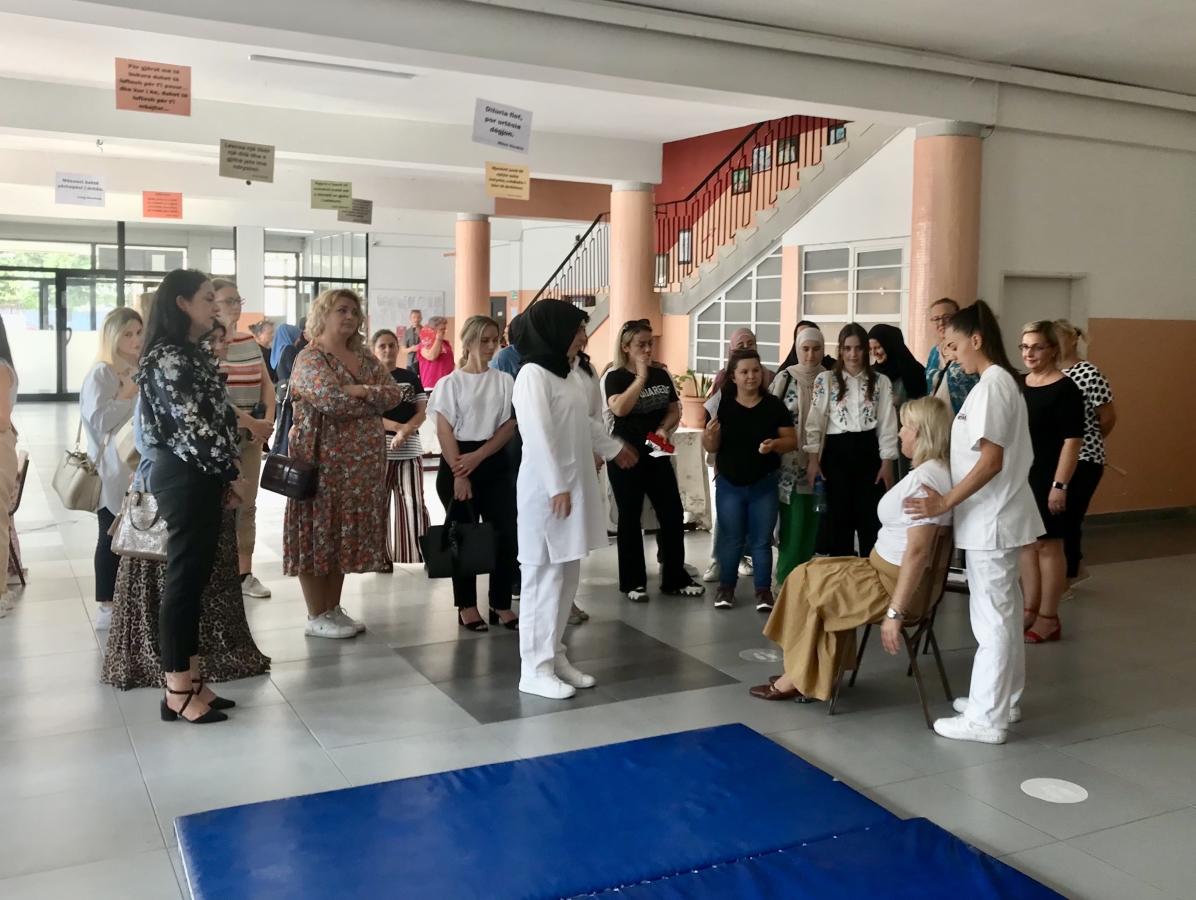
Getting Close
Serving at Hope & Health has given our staff the opportunity to be make a difference in people´s lives in Skopje, in a way that can only happen over time.
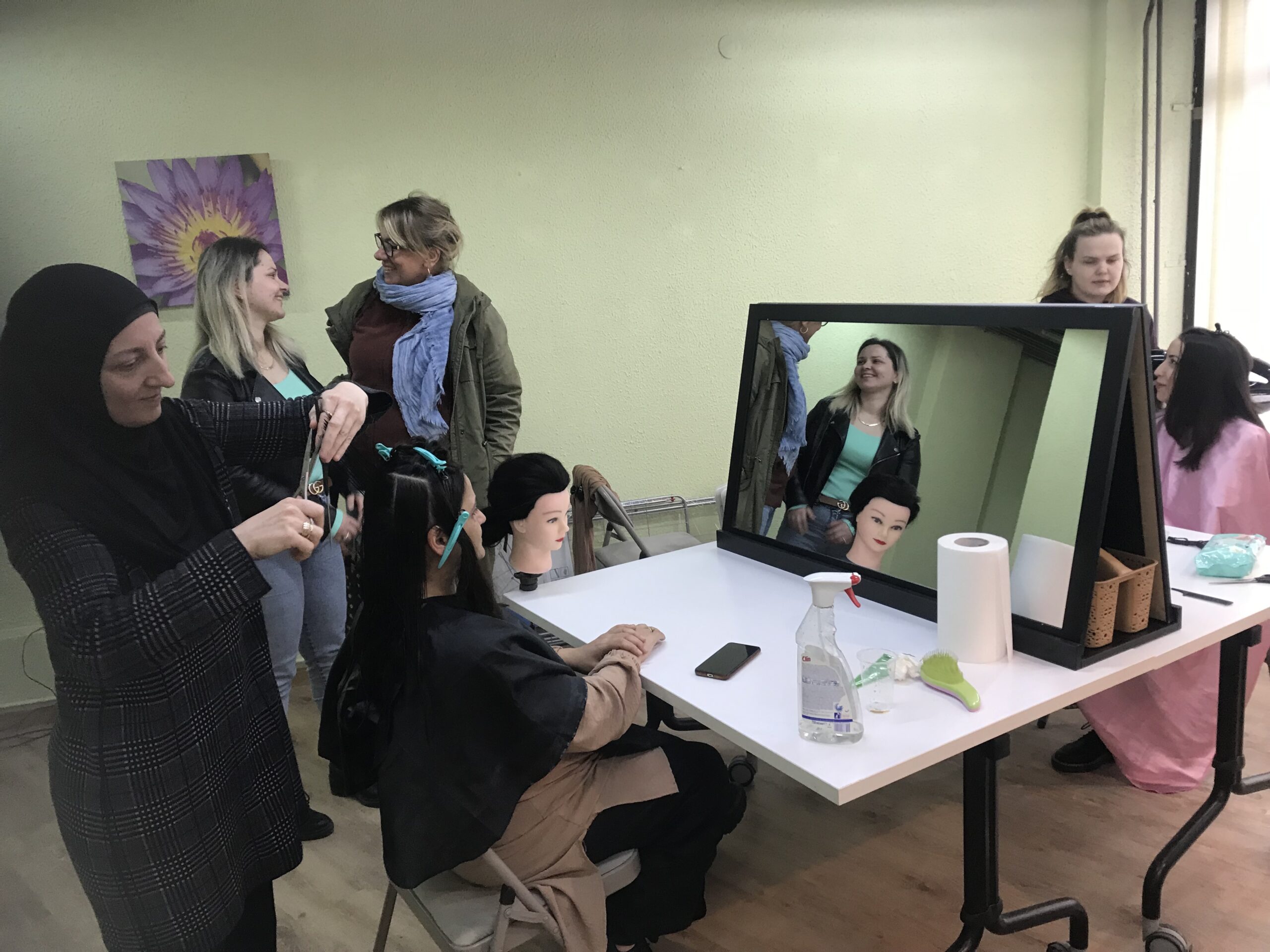
“I’m not going anywhere!”
Ajnur* came to STEP 4 following her sister, who had completed STEP Cycle 3 before her. Both were orphans on their father’s side, bonded not just by blood but by loss.
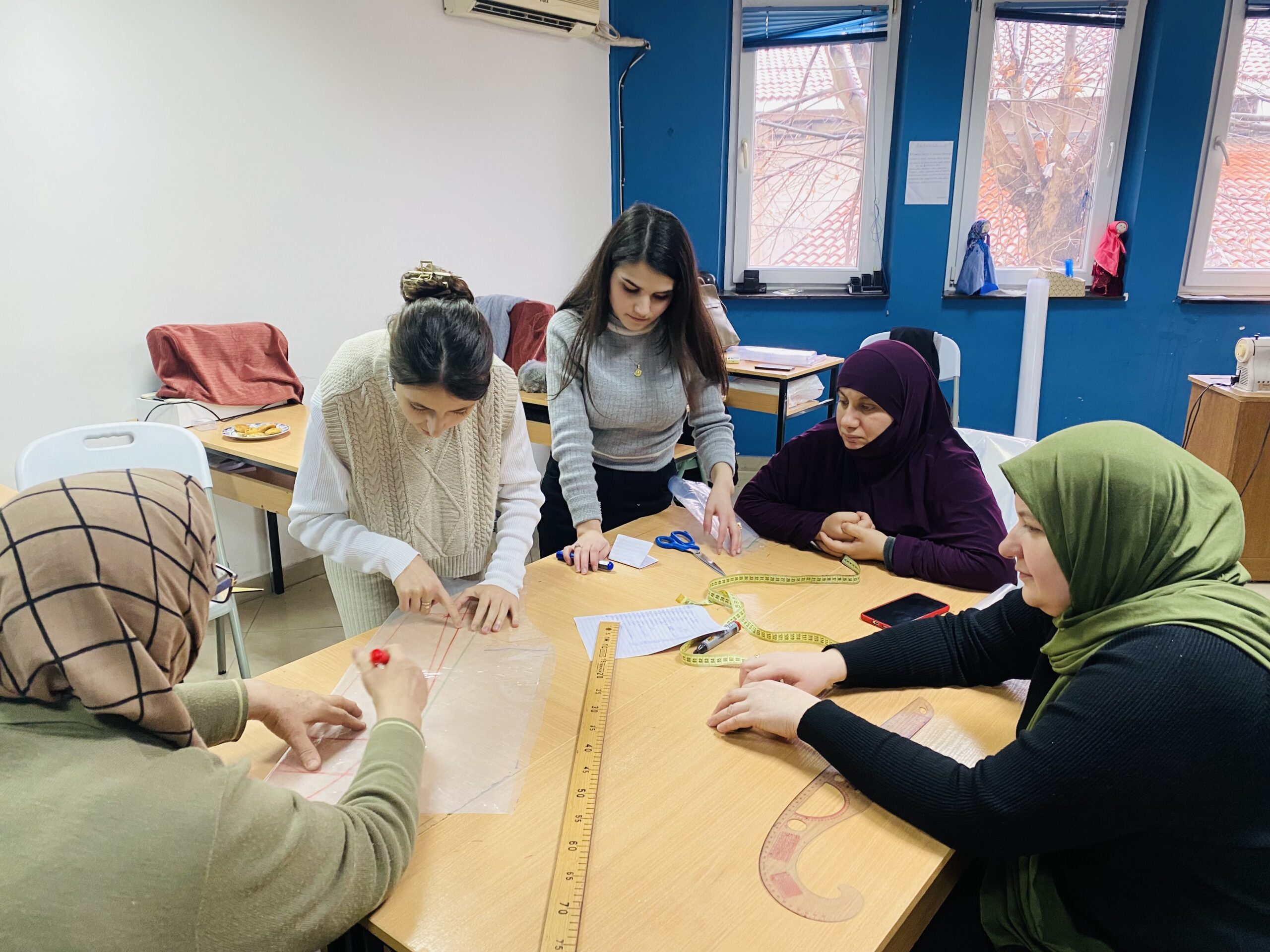
Finding Sunshine
In STEP vocational training, Azra is now part of the sewing group. She was already able to sew the most beautiful front pieces of embroidery at home and soon,
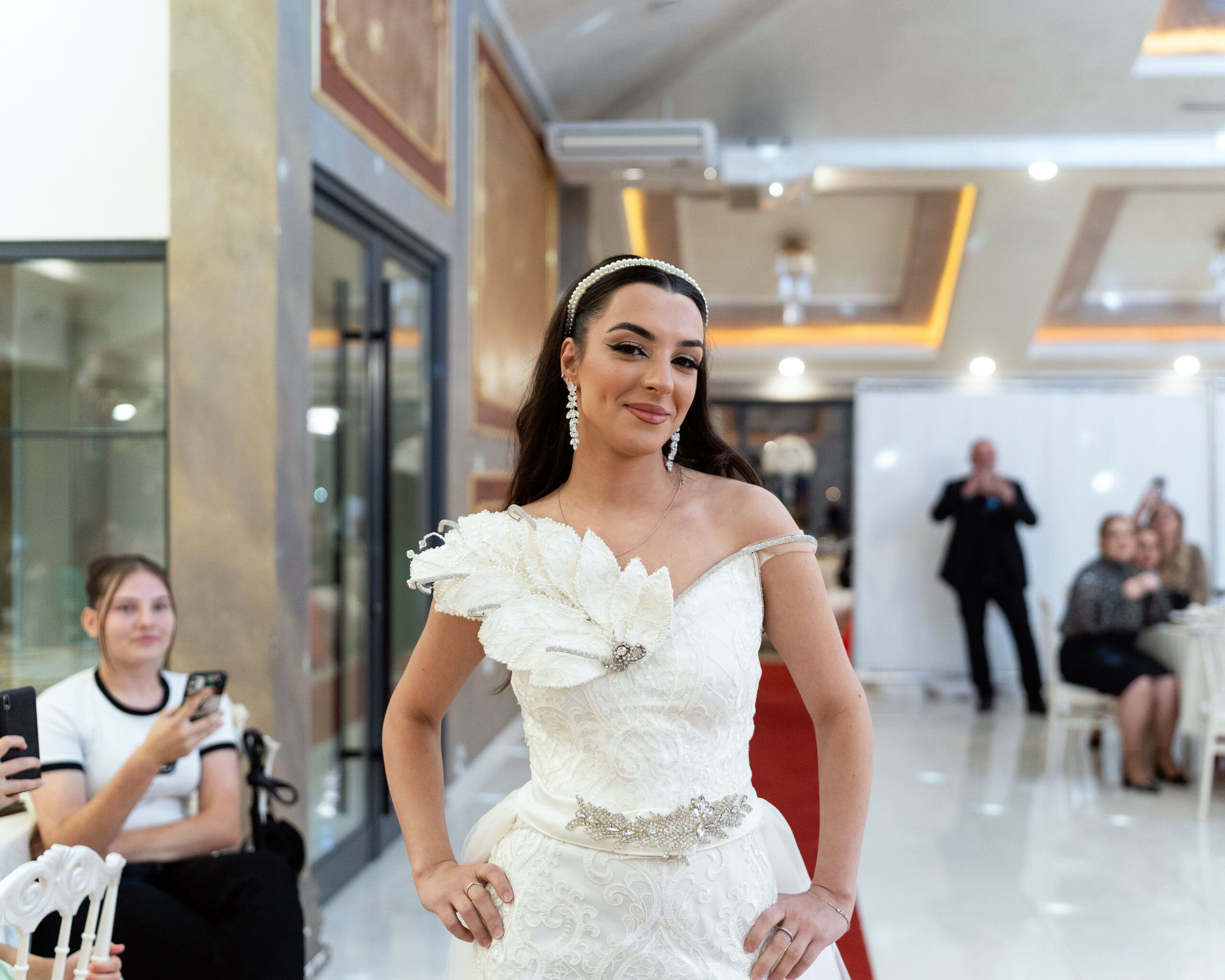
The Road to the Top
Our Galaxy Event for STEP graduates each year is a dazzling display of talent and creativity. Dresses, wedding gowns, hairstyles, and stunning cosmetic creations are there for all to admire.
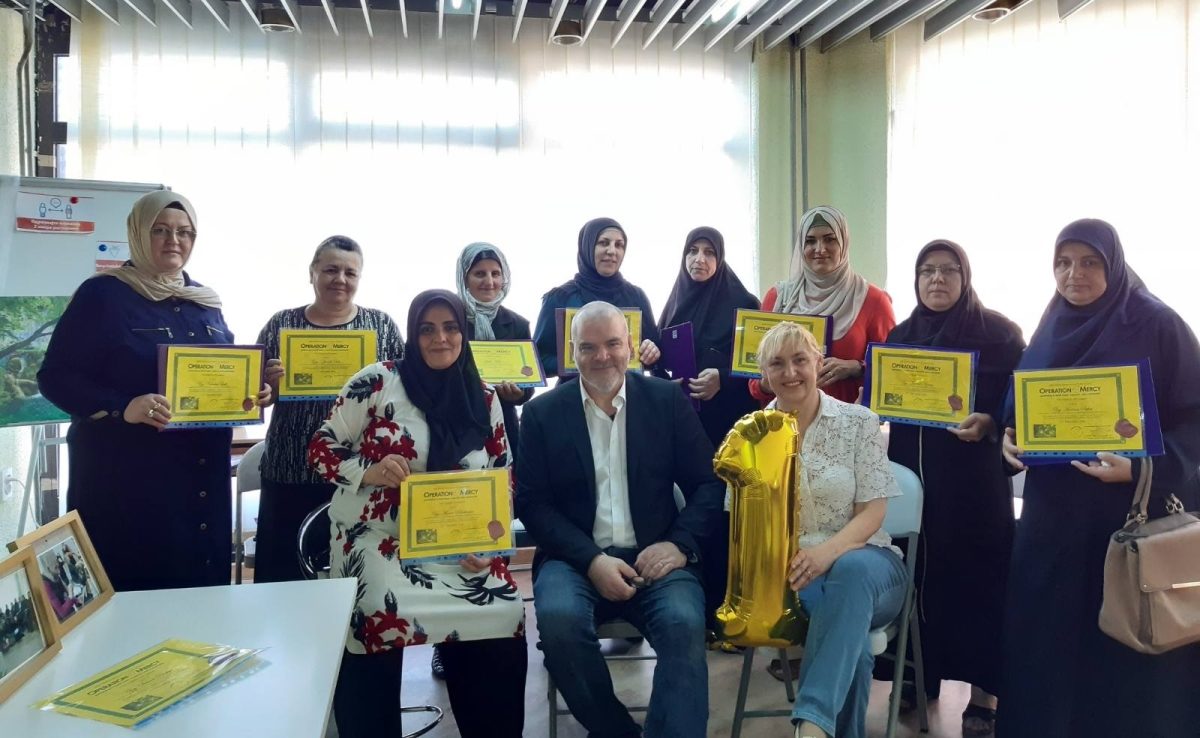
Looking Back, Looking Forward
Looking forward, we have our ears to the ground, to listen to the community and discern a path of hope into the future.
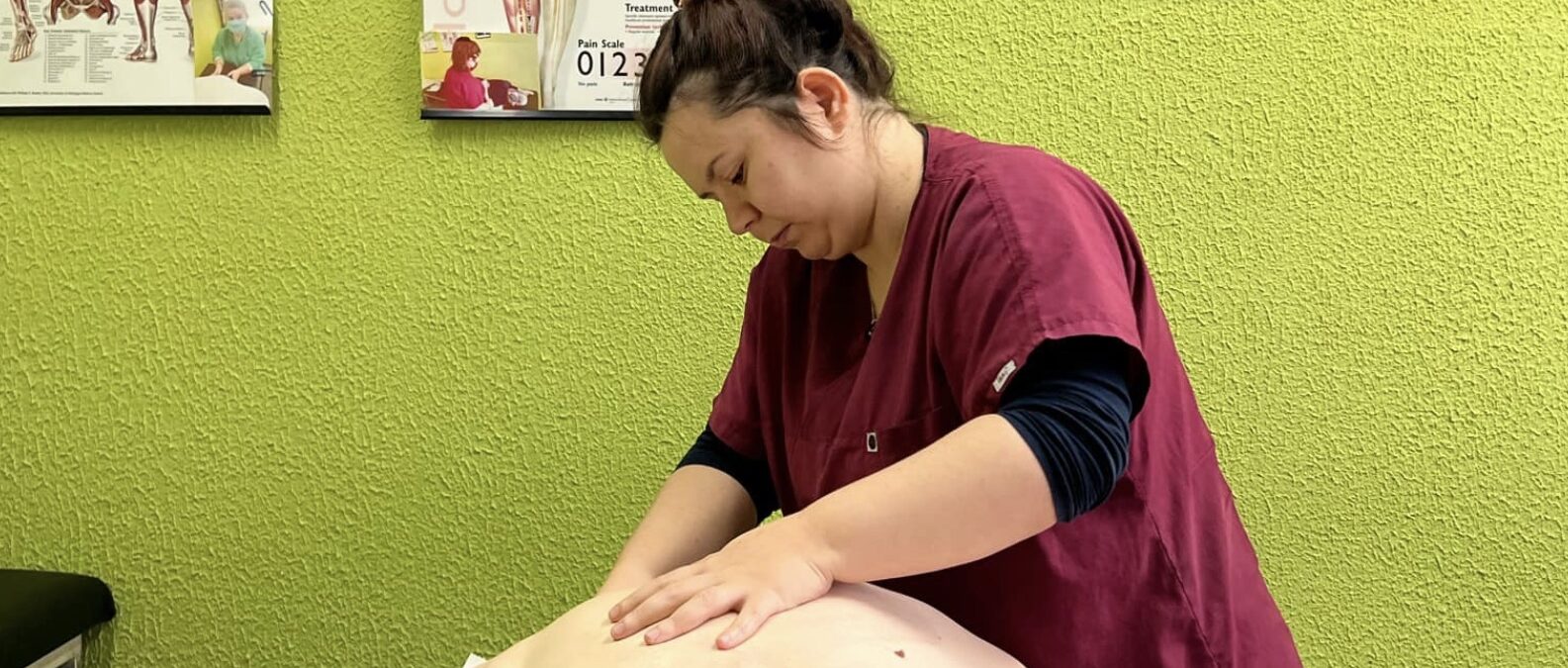
A New Normal
Fatima lost her husband, Omar, three years ago. After the birth of her second child, she suffered from postpartum complications that left her with severe back pain and limited mobility.
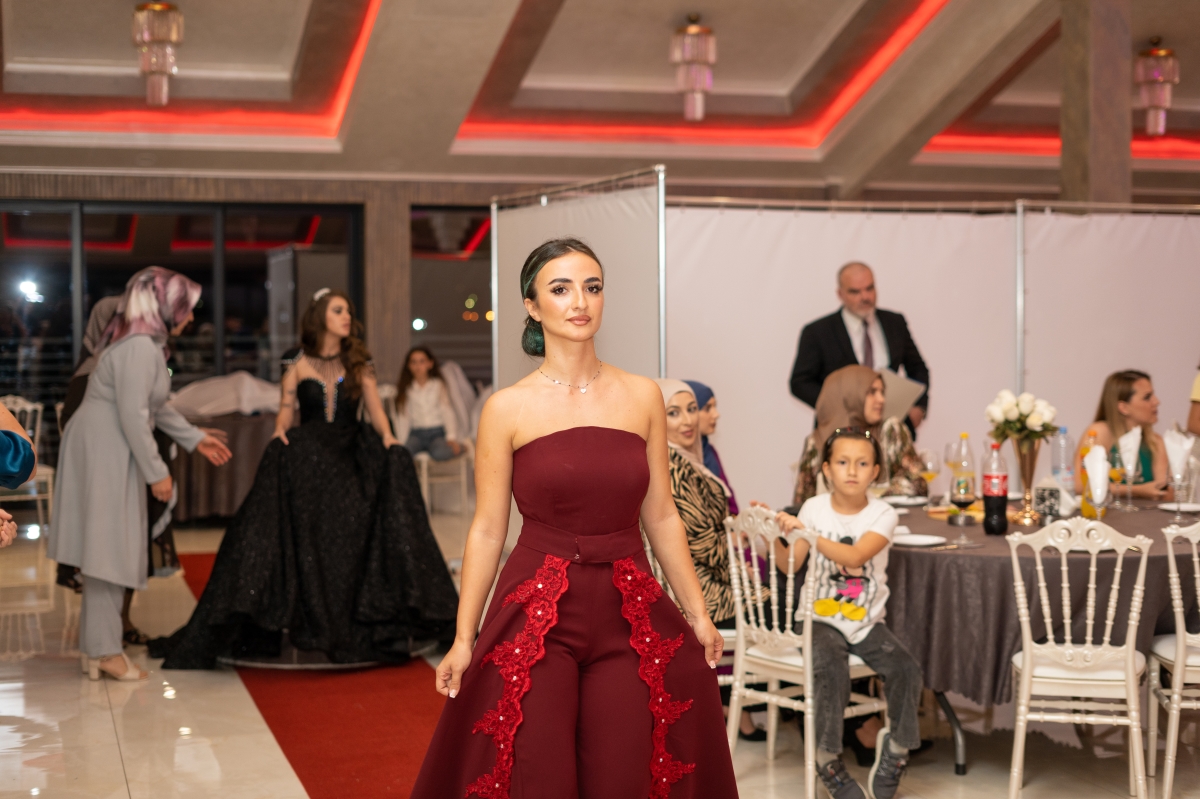
Talent in the Room
The quality of training and product in all areas was professional; the standard had been raised.
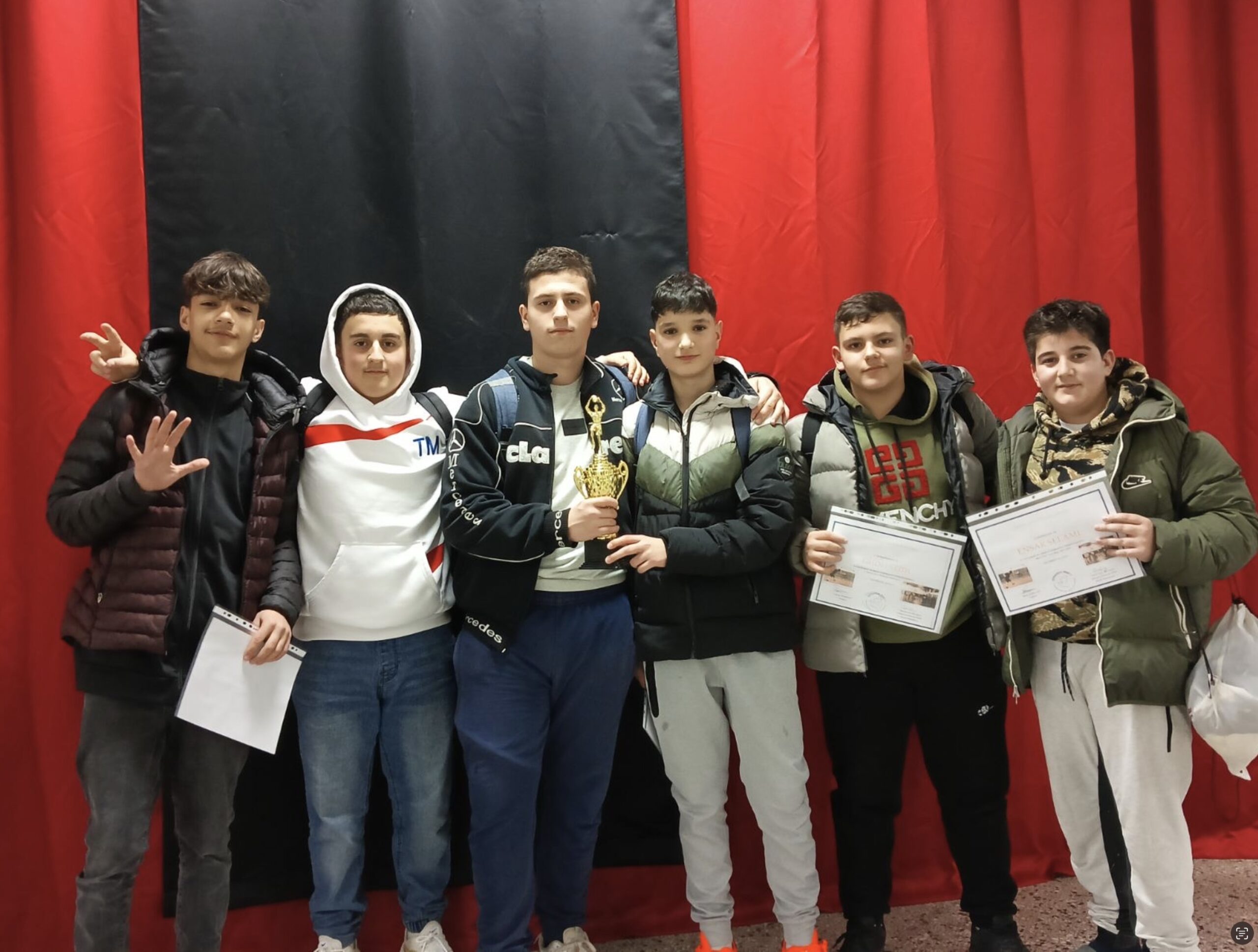
Underdogs
“When we have the breaks in the training programme, some of the boys catch me and want to talk about how things are going at home.
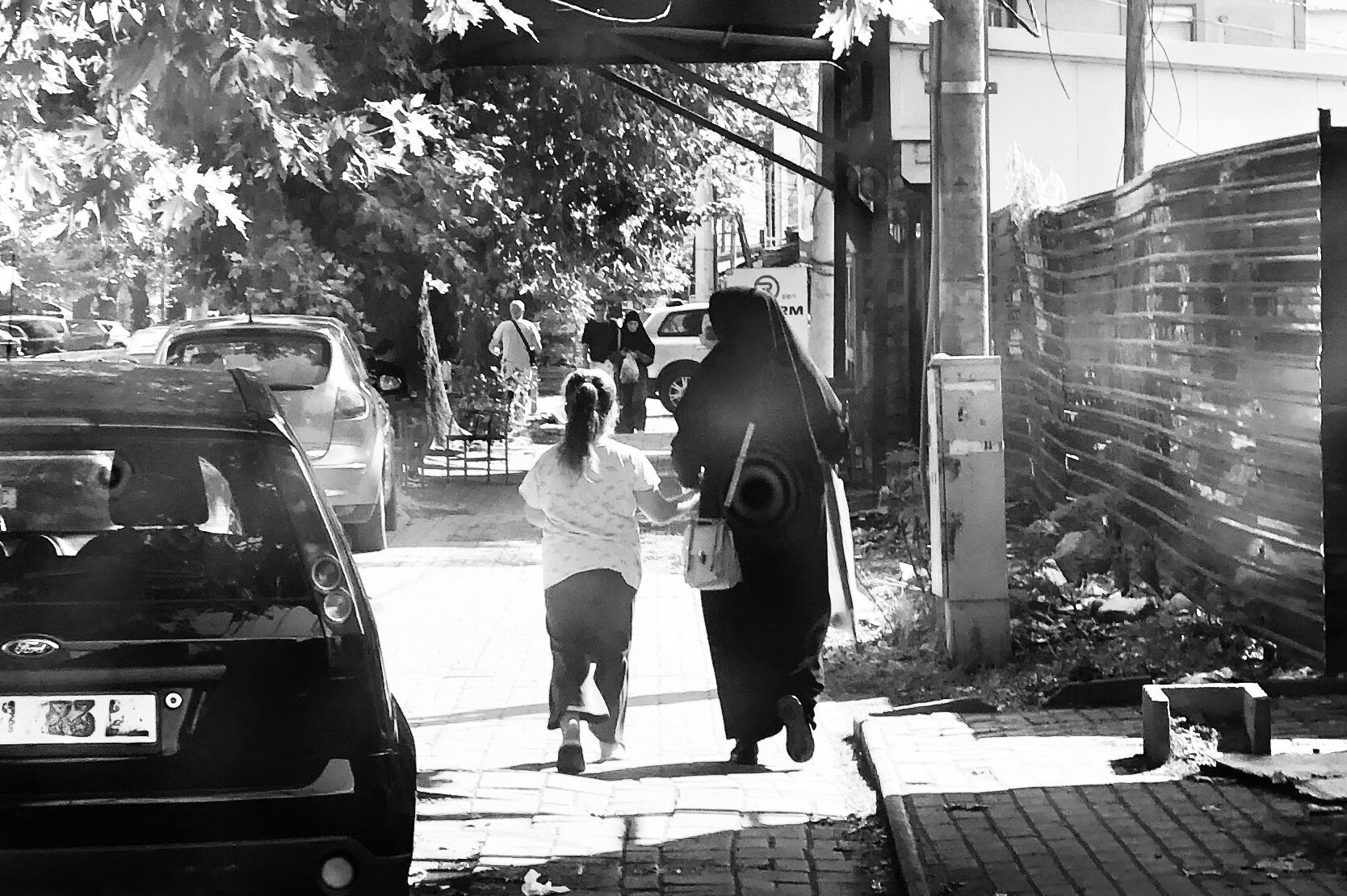
“If you are with me, I’m not afraid to go forward.”
She told us, “If you are with me, I’m not afraid to go forward.” We believe in her and trust that she will take the next step towards making her dream come true.

Saiid’s Smile
Saiid was beaming, a grin splitting his face from ear to ear. Not only was his house finished to the point that he and his family could start living in it,
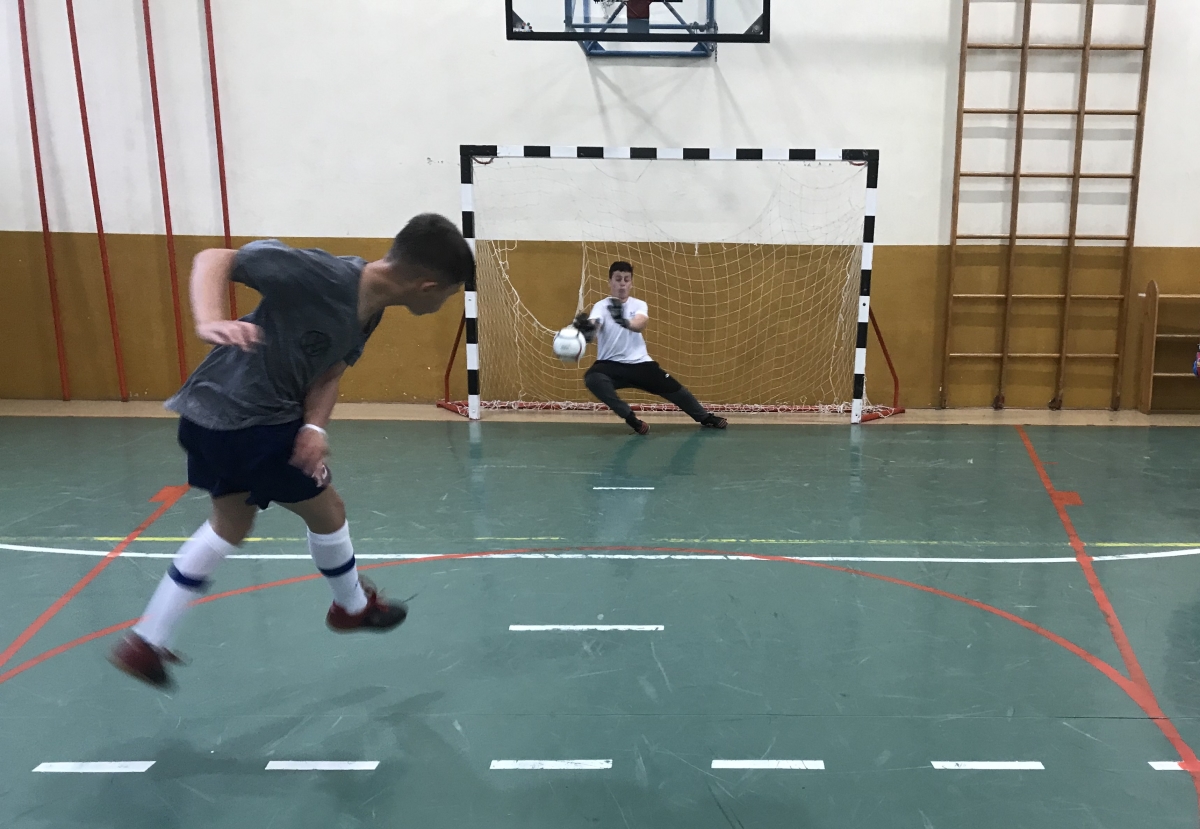
Together for the Neighbourhoods
One school director partner has been a pathfinder for Operation Mercy´s youth dimension of STEP in the toughest neighborhood in the city.
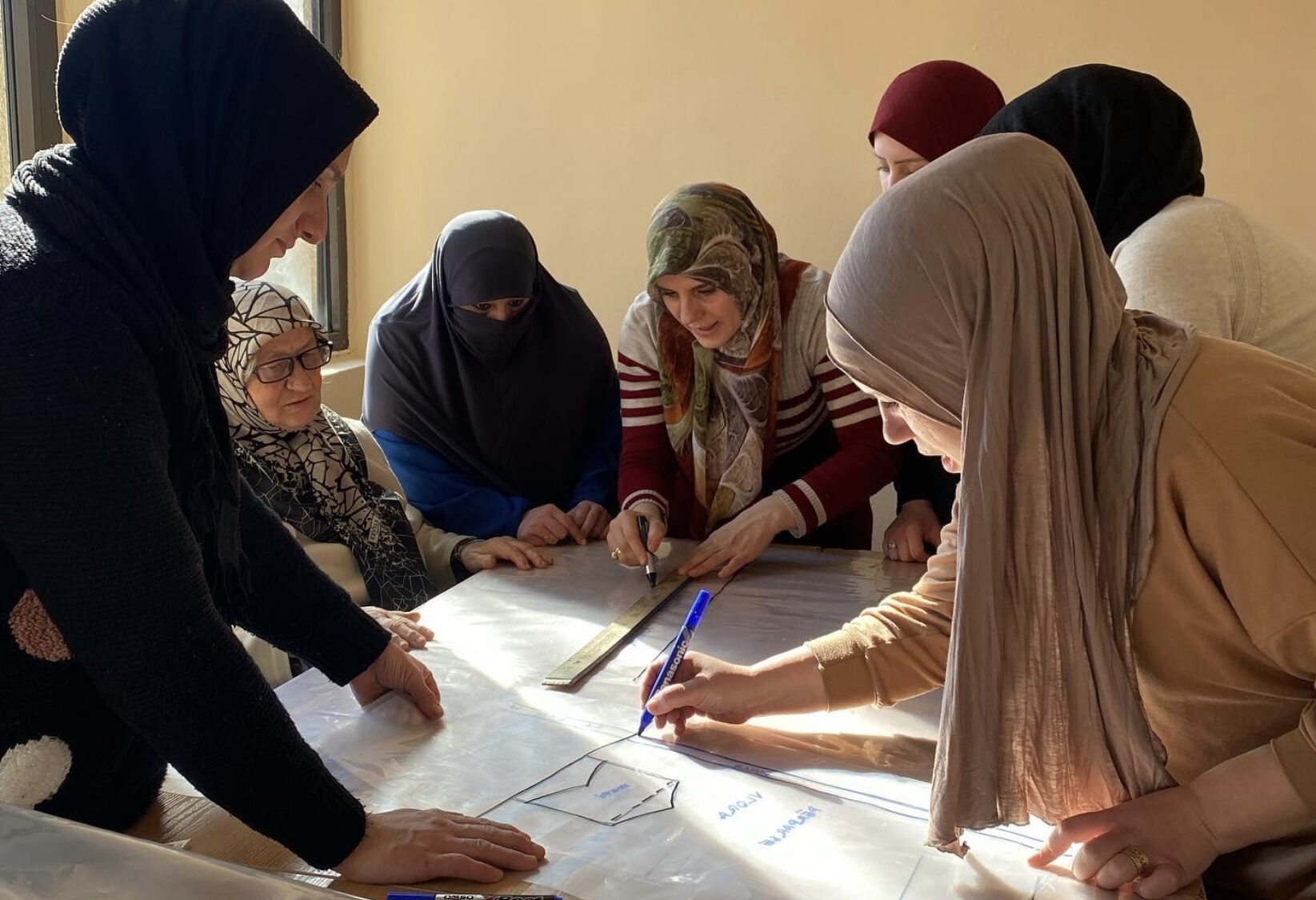
The Right People, Ripe for Change
Operation Mercy is about people. At its heart, it’s about believing in the right people—those who are ready for transformation—and praying that they find their way to us.
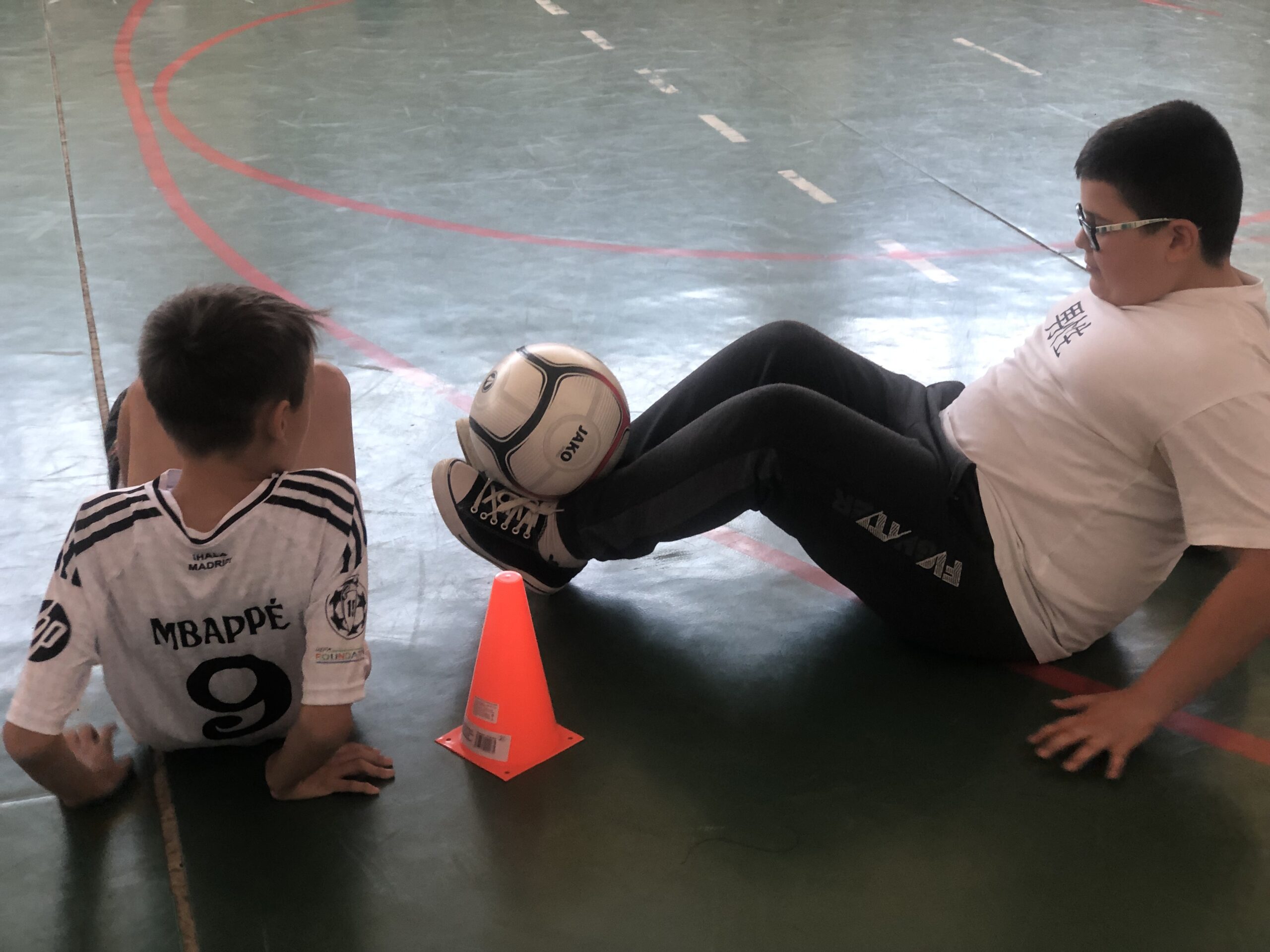
“I’m playing for my family.”
North Macedonia – STEP: Rrustem’s StoryRrustem joined us three years ago when the football project first began, and he has remained one of the chief “veterans” of the Skopje Eagles.
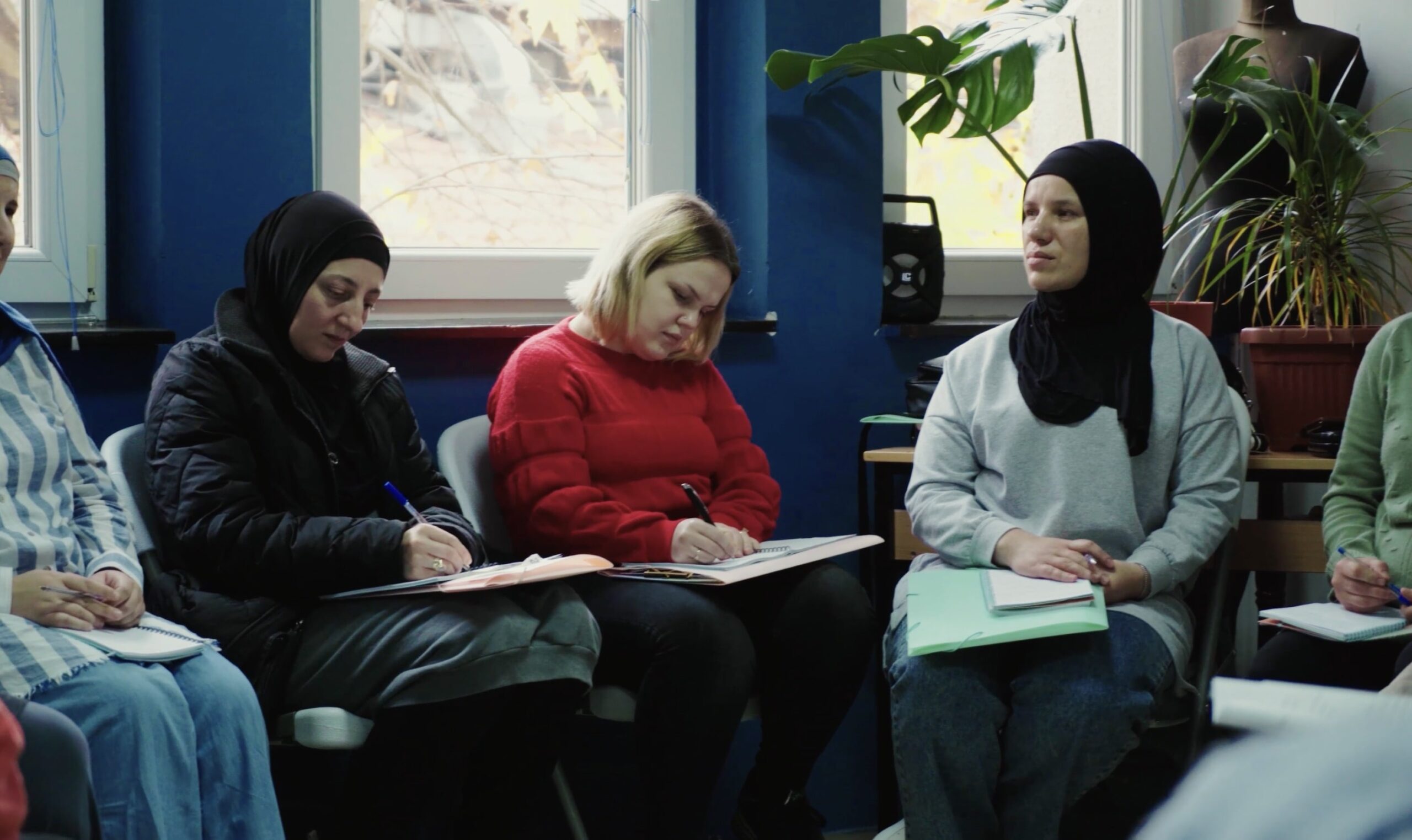
Ties that Bind
The STEP program helps women from the north side of the city literally take a step and to move forward together with others.
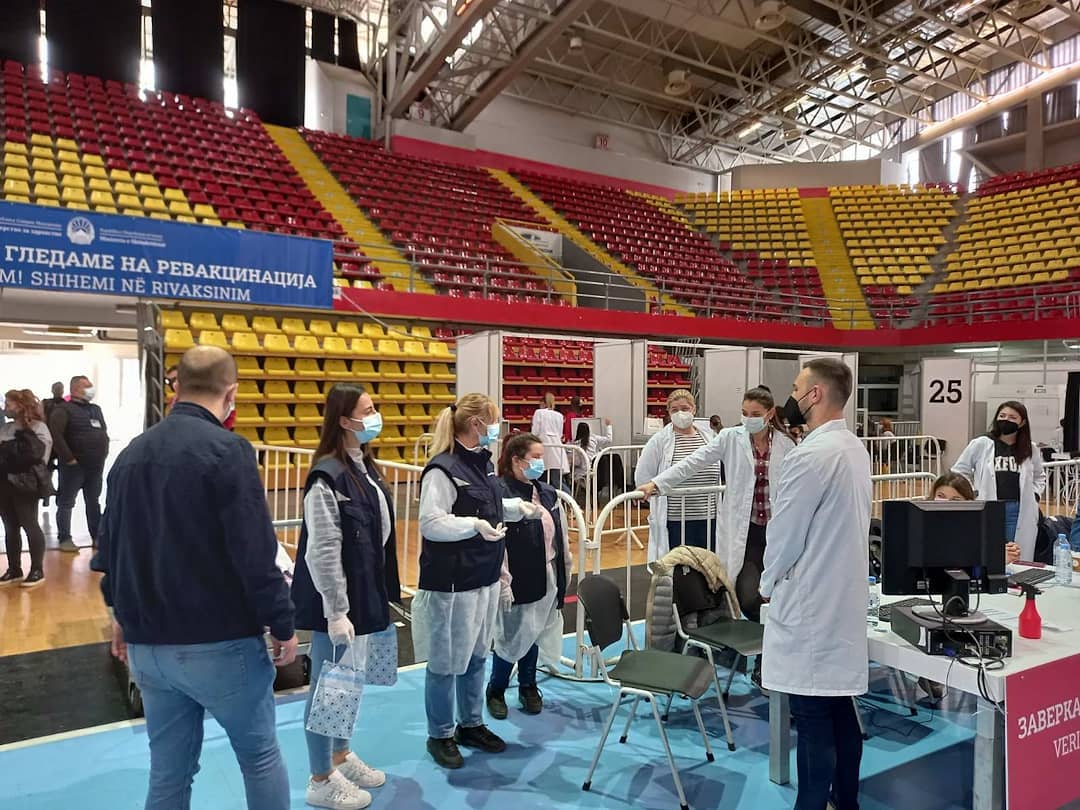
Everyone Needs To Know They Are Not Invisible
The third wave of Covid brought a shaking up in the community in the capital of North Macedonia. One way our Operation Mercy team made a difference was by coming alongside the medical vaccination personnel in practical ways.
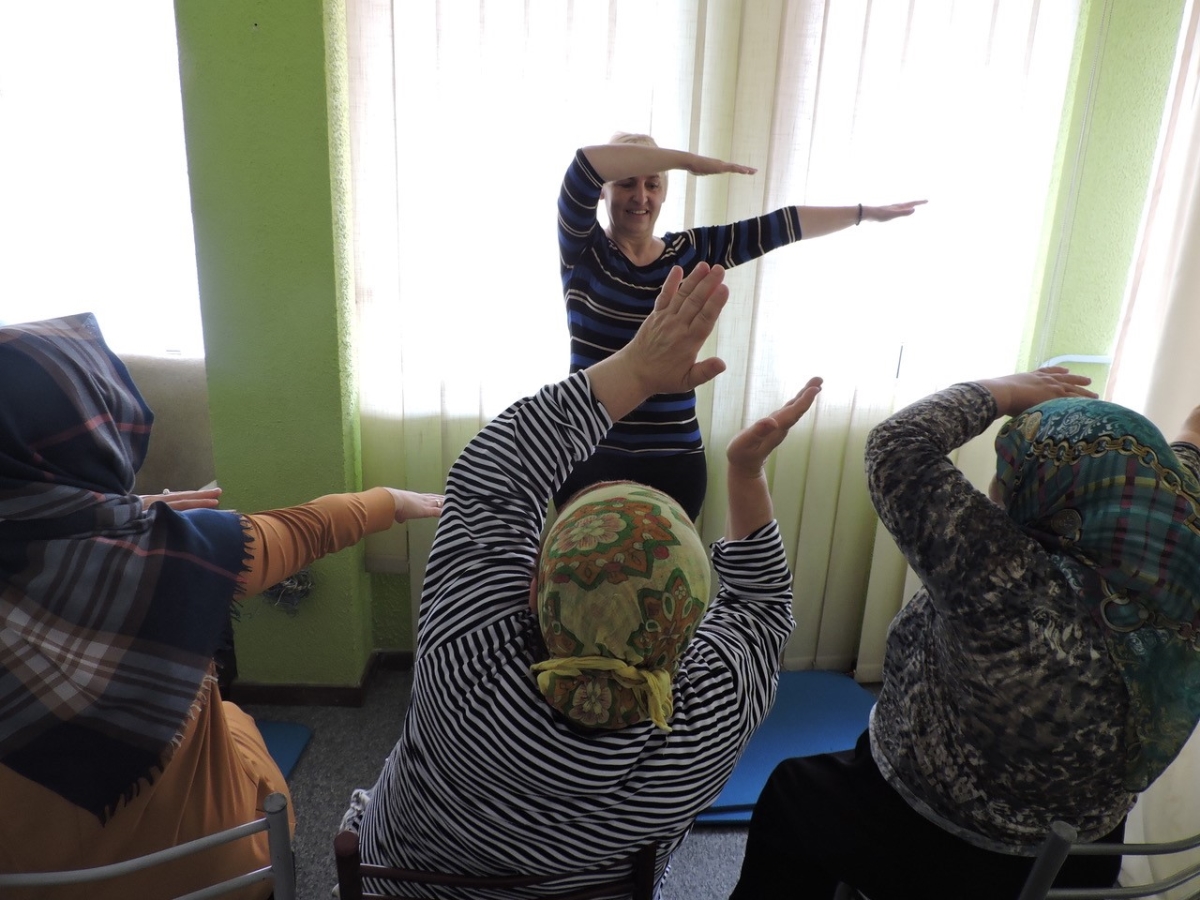
You have healed me with your exercises!
“When I come here all my worries go away.” Exercises and social support are making a difference in women’s lives.
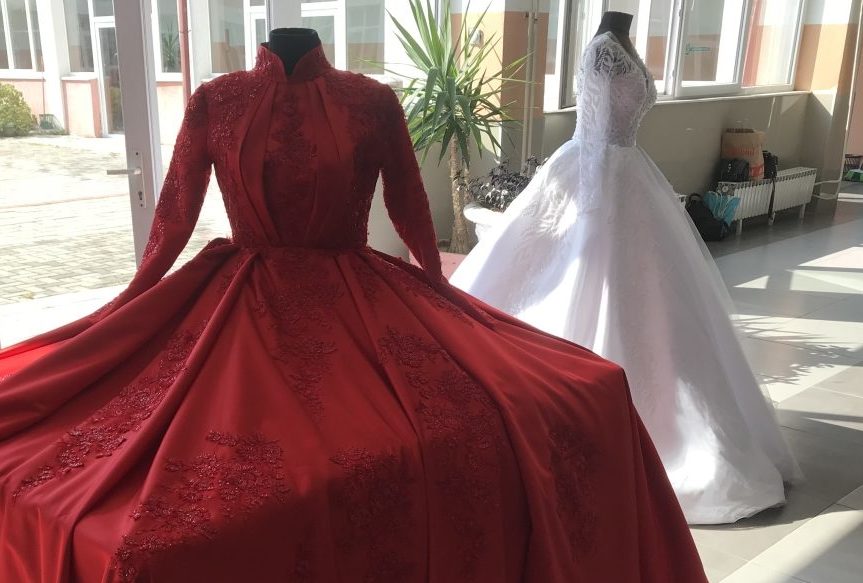
The Class of Transformations
The STEP class of this year has been a story of new beginnings.
